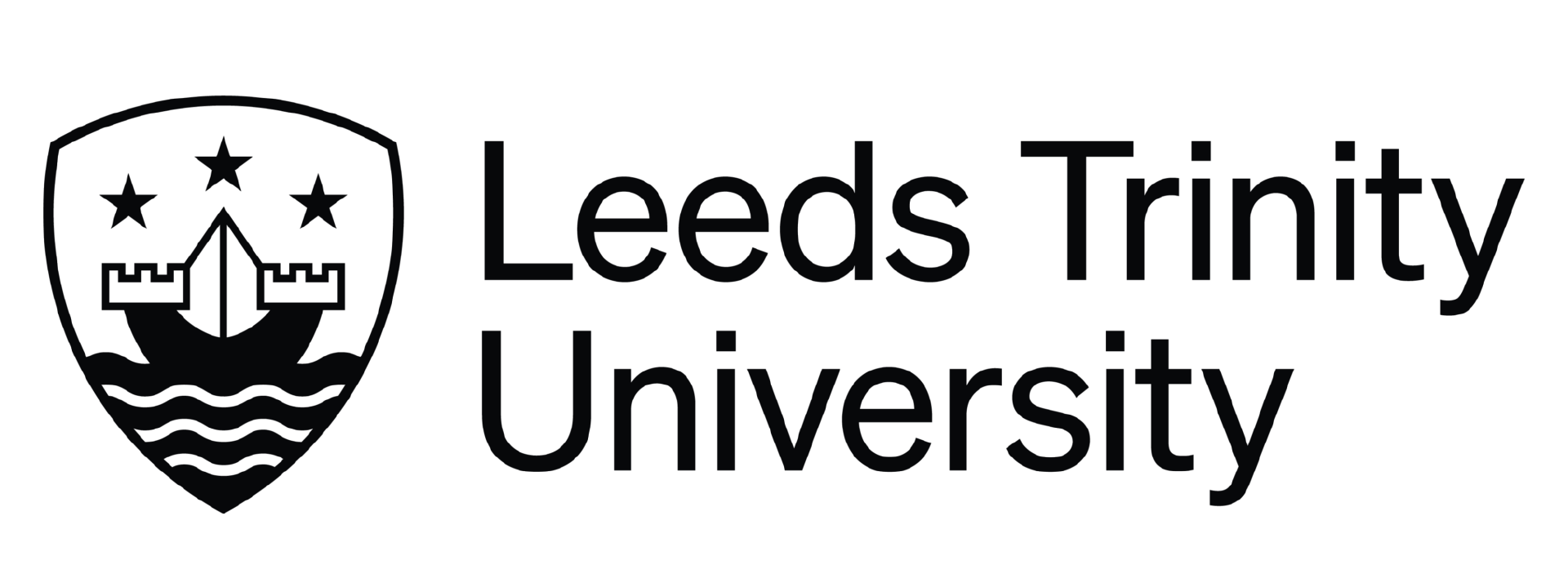Neil Barnett, Y-PERN Policy Fellow
The recent financial difficulties of several English local authorities has focussed attention on financial and innovations which have been pursued, extensively by some, over the past decade or so. In particular, the role of commercial investments in the financial collapses in Woking Borough Council and Thurrock have been in the spotlight, calling forth calls of ‘I told you so’ from those who cautioned against (what have subsequently been proven to be) risky investments. Councils invested some £6.6 billion in commercial property such as hotels, offices and shopping centres from 2016/17 to 2018/19 alone. However, this is far from the whole picture, as local governments have once again also displayed remarkable innovative capacity in the harshest of circumstances, generating alternative revenue streams, making novel trading and charging interventions in local markets, launching direct ‘for profit’ trading companies in municipal goods and services, creating public service cooperatives and mutuals in collaboration with communities, and exploiting procurement policies as a tool to support local economies.
Such activity has been interpreted as ‘austerian realism’- with councils, if reluctantly, subsumed into a neo-liberal agenda of financialization, and forced to turn to income generation to make up budgets devastated by austerity. At the other end of the spectrum it is more positively associated with a ‘new municipalist’ turn, encompassing Community Wealth Building, which by 2020 had commonly come to be referred to in the UK as ‘The Preston Model’. Building on research carried out for the Association of Public Service Excellence, Professors Steven Griggs, David Howarth and I considered the motivations behind, and meaning of, these ideas and practices. We identified four main interpretations in existing accounts: municipal financialization, progressive interventionism, social innovation, and progressive self- organisation. Municipal financialization sees local state actors as ‘active executors’ of neo-liberalism, responding to private sector demands for value- extraction, speculation, and risk-taking, particularly with respect to land acquisitions and housing development. Progressive interventionism focuses on attempts to create inclusive economies, the driving forward of civic provision of goods and services, including taking contracted out services back ‘in house’, invoking images of the high point of municipal innovation in the late nineteenth and early twentieth century. Social Innovation associates the practices with wider environmental and social changes and a broad need to move away from hierarchical/bureaucratic or ‘top down’ approaches, to more innovative and relational ones, leaving open a range of options for local actors to facilitate or leverage public value. Progressive self-organisation emphasises more radical options and tends often to eschew the label ‘entrepreneurial’, stressing potential for democractisation of the economy and alternative forms of ownership and service delivery. The key actors are in fact situated outside of formal local state institutions, which are often seen more as part of the problem than the solution, with innovation generated from self-organising community activism.
The research, based on semi-structured interviews and in depth case studies using councils from across the political spectrum, used discourse analysis of the interpretations and statements of local actors to bring out similarities and differences in the multiple articulations and sketch out a grammar of the different usages of ‘entrepreneurship’ across local authorities. In contrast to pessimistic interpretations of municipal financialization, our interpretation of the empirical evidence suggests an alternative possibility, in which the local state is a site and driver of progressive interventions in local markets. Indeed, this strand of the emergent discourse of municipal entrepreneurship challenges the long- held assumptions of the neoliberal model of the ‘enabling council’, which advocated councils contracting out and divesting themselves of local services. In contrast, municipal entrepreneurship – whether in the form of house building, smart procurement, promotion of active and healthy life-styles, or social enterprise – leads authorities to adopt interventionist stewardship strategies that reconnect with the ‘big ticket’ policy issues facing local communities. It thus severs the enterprise narrative from connotations of neo-liberal, market-led growth so that under certain conditions the state can reframe commercialisation to advance the common interest and social well-being.
This interpretation of municipal entrepreneurship resonates with the views of ‘self-organising progressives’, as well as with the public value orientation of ‘social innovators’. Yet, it also discloses an alternative reading of the agency of the local state, opening up new avenues of inquiry for the transformative role of local actors in the formal arenas of the local state. In fact, the discourse of municipal entrepreneurship for the public purpose, which we discern in our findings, calls into question the risk of ‘state phobia’ and ‘the fear of the formal’ often associated with accounts of progressive self-organisation and social innovation. The practices of local enterprise that characterised our case studies were driven by actors inside the formal apparatus of the local state, working in and against established practices of local policymaking.
Overall, we caution against a too rapid desire to overgeneralise, arguing that the discourses and practices of entrepreneurship can take multiple forms; they can slip into logics of financialisation or forms of social innovation, or manifest as a form of self- organising progression. In equal fashion, the discourse of municipal entrepreneurship for the public purpose is not without its tensions and contradictions, as it is always open to contestation and re-articulation, as well as to economic risk and market competition. However, our evidence suggests that markets can operate according to different logics, so that municipal interventions in local economies can challenge logics of economic necessity or technocracy to harness markets for the delivery of the public good. Indeed, the analysis of our case studies adds weight to claims that local government actors act as ‘activist-entrepreneurs’, who are able to intervene to address market failure, sometimes through the logic of market disruption, as they seek to ‘reshape’ or redesign the operations of local markets. Given that these findings emerged at the end of intense financial and political pressures on local government, this points to the persistence of the innovative qualities of the ‘local’ even in the harshest of environments.













